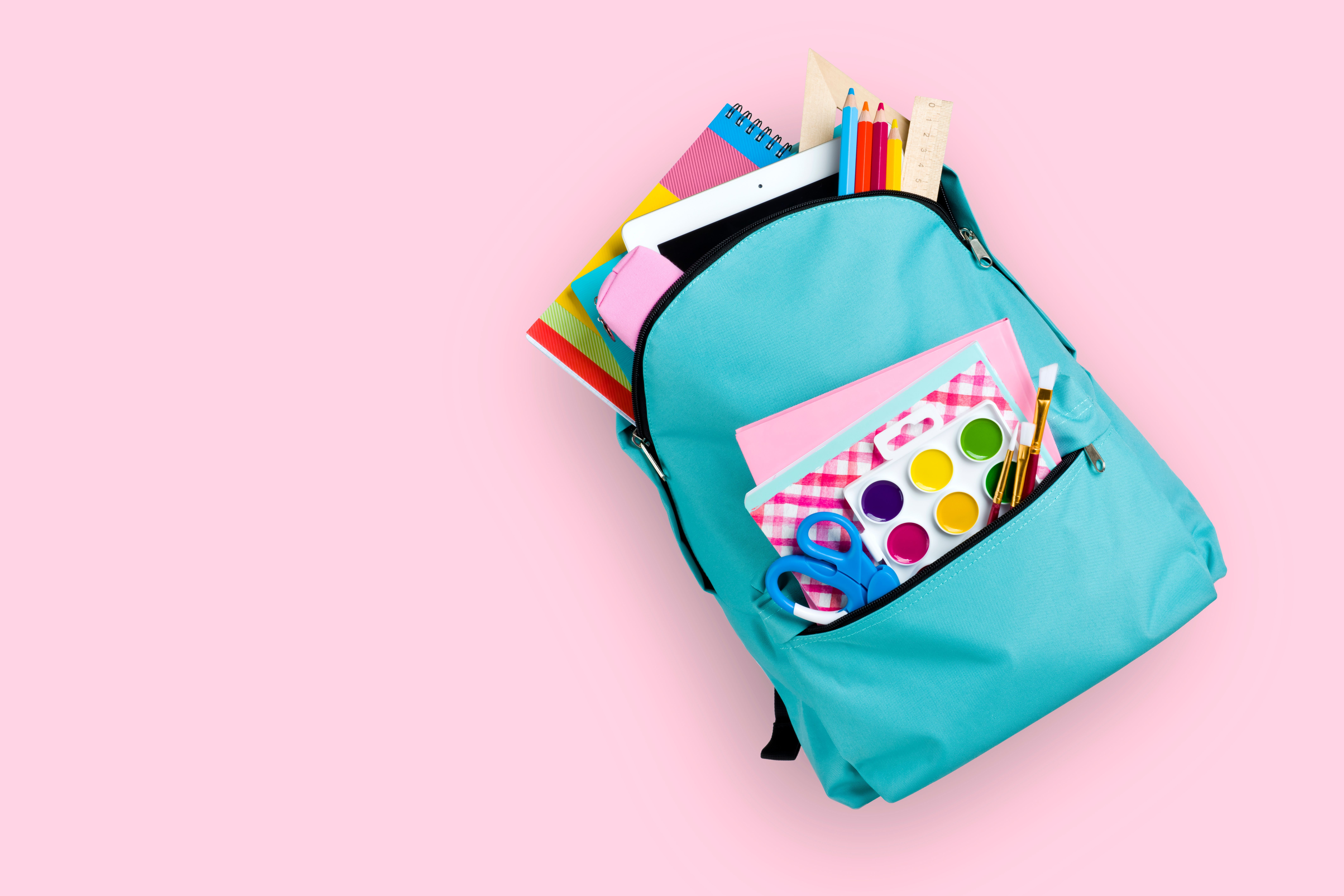Introducing your child to a new language is an enriching experience that offers cognitive, social, and cultural benefits. Research shows that children who learn a second language develop better problem-solving skills, enhanced memory, and increased creativity. However, keeping your child motivated throughout the process can be challenging. To make language learning enjoyable and effective, consider these creative approaches. Whether you're exploring language learning programs or engaging in daily activities, fostering an interest in a new language can be both fun and educational.
Make It Fun with Games and Activities
Children learn best when they’re having fun, so incorporating games into the language learning process is a great strategy.
-
Play language-based games: Adapt classic games like board games, card games, and charades to incorporate language learning. For example, when playing charades, use words or phrases from the target language. You can also play word matching or memory games using flashcards in the new language.
-
Sing songs and rhymes: Music is a powerful tool for language acquisition. Children can pick up on rhythms and patterns in language much more easily through songs. Sing nursery rhymes, catchy songs, or even create your own songs in the target language. This approach helps them associate language with fun and creativity.

-
Watch movies and TV shows: Exposure to native speakers is crucial for language learning. Watch movies or TV shows in the target language with your child. Start by using subtitles in your child's native language, and gradually switch to subtitles in the new language. This will help them understand and pronounce the words better.
Create a Language-Rich Environment
Immersing your child in a language-rich environment will give them plenty of opportunities to encounter new vocabulary and practice.
-
Label items around the house: Place labels on common household objects in the target language to help your child associate words with meaning. For instance, label the refrigerator, chair, or sink with their respective words in the language your child is learning. Every time they use these items, they’ll reinforce their vocabulary.
-
Read books and stories: Introduce stories and books written in the target language. Picture books, bilingual books, and simple readers are excellent for building vocabulary and introducing grammar concepts. You can read together, encouraging your child to guess meanings from pictures and context.
Encourage Language Exchange
Interacting with native speakers or fellow learners can provide invaluable language practice.
-
Find a language partner: Connect your child with a native speaker of the target language for language exchange. Whether it’s through a family friend, an exchange program, or a pen-pal system, regular interaction with a fluent speaker will improve their conversational skills.
-
Join language clubs or groups: Look for local or online language clubs where your child can practice with other learners. Many language classes offer group sessions that foster peer interaction, allowing kids to practice together in a supportive environment.
Make Learning a Game
Make learning a new language fun by using games and playful activities.
-
Create a language treasure hunt: Hide clues around the house or neighborhood in the target language. As your child solves the clues, they’ll reinforce vocabulary and sentence structures in a fun, interactive way.
-
Have language-themed parties: Organize language-themed parties, like a French-themed dinner or a Spanish fiesta, where everyone uses the target language for basic communication. These events create a relaxed atmosphere for practice.
Use Technology
Leverage technology to make language learning more interactive and accessible.
-
Explore language learning apps: Many language learning apps offer interactive exercises, games, and lessons tailored to children. Apps such as Duolingo, Babbel, and Memorize make learning both fun and effective with bite-sized lessons and gamified elements.
-
Watch language learning videos: Educational videos can be an engaging way to introduce new vocabulary and grammar. Many platforms provide age-appropriate language learning videos that keep kids entertained while they learn.
Be Patient and Encouraging
Language learning takes time and maintaining your child’s motivation is key.

-
Celebrate your child's progress: Acknowledge even the smallest achievements. This positive reinforcement will motivate your child to keep learning and practicing.
-
Be patient and understanding: Every child learns at their own pace. It’s important to be patient, offer encouragement, and remind your child that mistakes are part of the learning process.
Summary:
Learning a new language is a journey that requires dedication, patience, and creativity. By incorporating these strategies into your child’s language learning programs, you can help them develop a lifelong love of language learning and reap the cognitive and cultural benefits that come with bilingualism. Remember, every child learns differently, so it’s important to experiment with different approaches and find what works best for your child.
Wondrfly provides a resource for finding all language classes in Jersey City, ensuring that children have access to the best opportunities for the best language learning programs and cultural exploration.



